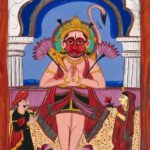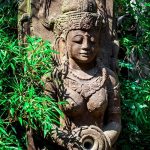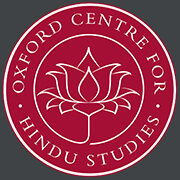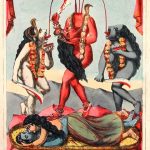Tantra: A New Understanding
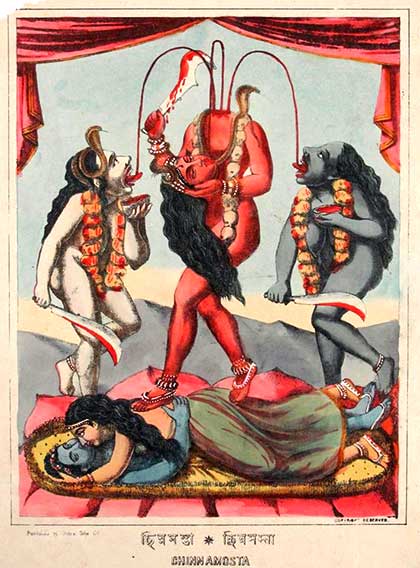
The Sanskrit word ‘tantra’ refers to texts regarded as revelation from God (Śiva at first) that arose in the early medieval period. This new religion spread quickly and attracted the patronage of kings, spreading to South-East Asia and even into China and Japan.
Tantra has attracted wide interest over many centuries. Some have criticised it as immoral, while others have hailed it as life-affirming and liberating. We have decided to let you make your own choice by offering Tantra courses that explore these ancient texts in great detail, with support from leading academics in the area.
The Indologist Monier-Williams, famous for his Sanskrit-English dictionary, said that the Tantras are ‘mere manuals of mystics, magic, and superstition of the worst and most silly kind,’ while the twentieth century guru Osho said that it was an experience beyond words. To this day, Tantric traditions thrive in India and Nepal and we will trace their development into the modern world.
In this Tantra course, we reflect on what the Tantric traditions are, their origin, formation, core texts and practices, and what they mean for us today. As with all of our online courses, you’ll be supported on this Tantra course by an expert in the field. For more information on the course outline, continue reading below for a full breakdown.
This course is prepared by Prof. Gavin Flood, FBA, OCHS Academic Director, and author of The Tantric Body.
Start Date: 18 January 2026
Course Duration: Seven Weeks
200 pages
On-Demand Video
The main video component of your course. On-demand means you can watch at the time that suits you.
4hr 8min
Community Discussions
These free Zoom sessions are not part of your main course materials. They are led by OCHS-affiliated scholars and open to students enrolled in any course.
Explore other areas of Hindu studies! Meet tutors and students from other courses!
Monday, 26 January, 12noon
Tuesday, 3 February, 2pm
Thursday, 12 February, 3pm
Saturday, 21 February, 5pm
Sunday, 1 March, 6pm
These are all UK times. Recordings are available for any sessions you miss
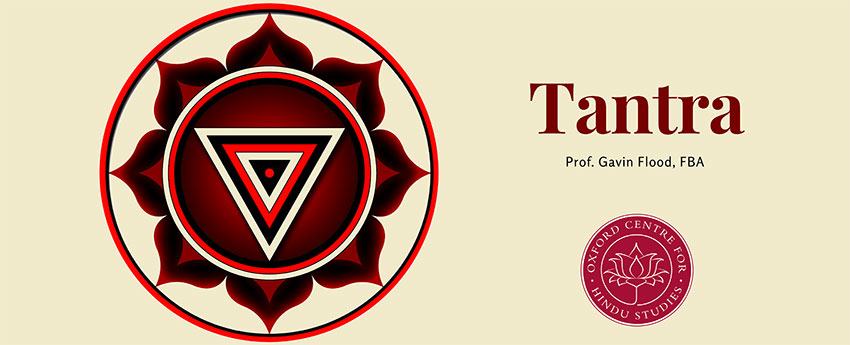
Session One: The Tantric Revelation
Tantra needs to be understood within the culture from which it arose. What was Hinduism like in the 7–11th centuries? How does Tantra define itself? What are its main texts? What is the difference between a follower of the Tantras and a follower of the Vedas?
Session Two: Śaiva Siddhānta
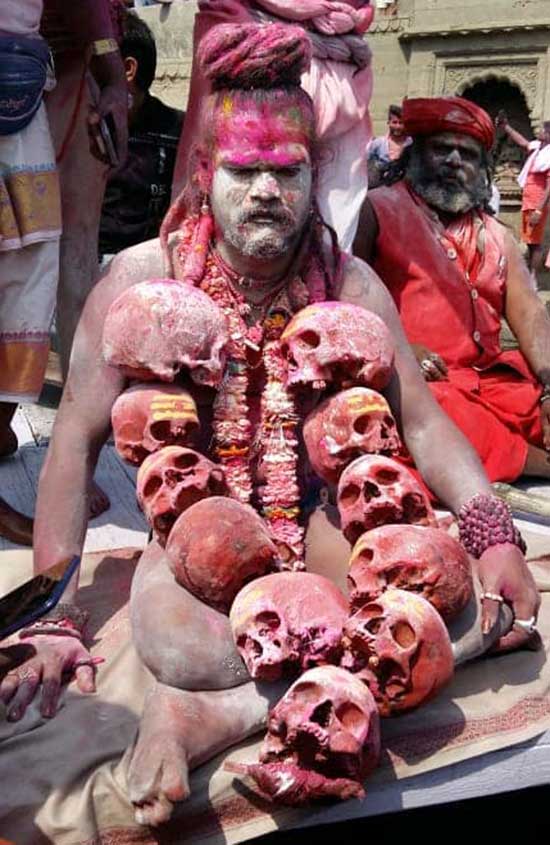 We now delve into the main Tantric tradition – Śaiva Siddhānta (teachings of Śiva). This was a householder religion that did not reject orthodoxy but added its own rites in the belief that the guru guaranteed liberation and/or pleasure and power in higher worlds.
We now delve into the main Tantric tradition – Śaiva Siddhānta (teachings of Śiva). This was a householder religion that did not reject orthodoxy but added its own rites in the belief that the guru guaranteed liberation and/or pleasure and power in higher worlds.
The Śaiva Siddhānta developed its own scriptures and maintained a distinction between self, God, and world. Originating in Kashmir the tradition spread throughout India and is still present in the South where it became deeply influenced by Tamil bhakti traditions.
Session Three: Unorthodox Tantric Traditions
Tantra is mostly known for its unorthodox practices, its divinisation of and use of sex in its rituals.
In this session we will examine how practices regarded as polluting arose within the traditions focussed on the Goddess and Śiva in his ferocious form as Bhairava. These traditions – sometimes referred to as Kashmir Śaivism – rejected the Veda. Sex, blood rituals, and cremation ground asceticism were part of these traditions.
Session Four: Tantra in the Land of Viṣṇu
Tantra came to be adopted by other traditions, partly because of its success in attracting patronage of the powerful. The more orthodox religion of Viṣṇu adopted Tantra and developed a tradition called the Pāñcarātra.
Texts such as the Jayākhya-saṃhitā were influenced by Śaiva philosophy and follow the same pattern of worship and yoga. Here we look at the divinisation of the body and the worship of God in the heart in this tradition.
We will also look at how Tantra later influenced the worship of Krṣṇa in Sahajiyā religion.
Session Five: Case Study – The Netra-tantra
OṂ JUṂ SAḤ
Eye mantra from the Netra-tantra to vanquish obstacles
In this session we focus on the Netra-tantra as way of understanding how these texts are studied.
This is a Śaiva text that was very popular in Kashmir from around the eighth to eleventh centuries CE and was copied for a king of Nepal in 1200. It is about how the eye of Śiva – and the eye mantra – protect us from demons and free us to realise our identity with Śiva.
Session Six: Philosophies of Tantra
In this session we examine two distinct philosophies.
On one hand we have the dualist philosophy of the Śaiva Siddhānta that maintains an eternal distinction between self and a wholly transcendent God.
On the other, we have the non-dualist tradition of Kashmir Śaivism that maintains an identity between self and God. We will examine Abhinavagupta’s famous arguments in support of non-dualism against the dualists and the Buddhists. In the Recognition (Praytyabhijñā) school the goal of life is the realisation that I am Śiva who is pure consciousness.
Session Seven: Tantra Today

Kumari: Living goddess in Nepal
Tantric traditions are still thriving and sects such as the Aghoris adopt the unorthodox practices of the earlier Tantric traditions. The worship of the Goddess is also of major importance in Nepal and Assam and we will examine these traditions and how they are affected by modernity.
Lastly, we look briefly at Tantra in the West and modern Tantric gurus in the age of the internet.
Associated Courses
Your Tutor

Prof. Gavin Flood
Author of The Tantric Body, the definitive text on Tantra. Prof. Flood is Professor of Hindu Studies and Comparative Religion at Oxford University, Academic Director of the Oxford Centre for Hindu Studies, Senior Research Fellow at Campion Hall, and Yap Kim Hao Visiting Professor of Comparative Religious Studies at Yale-NUS Singapore.
